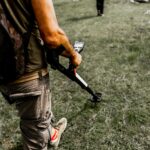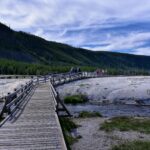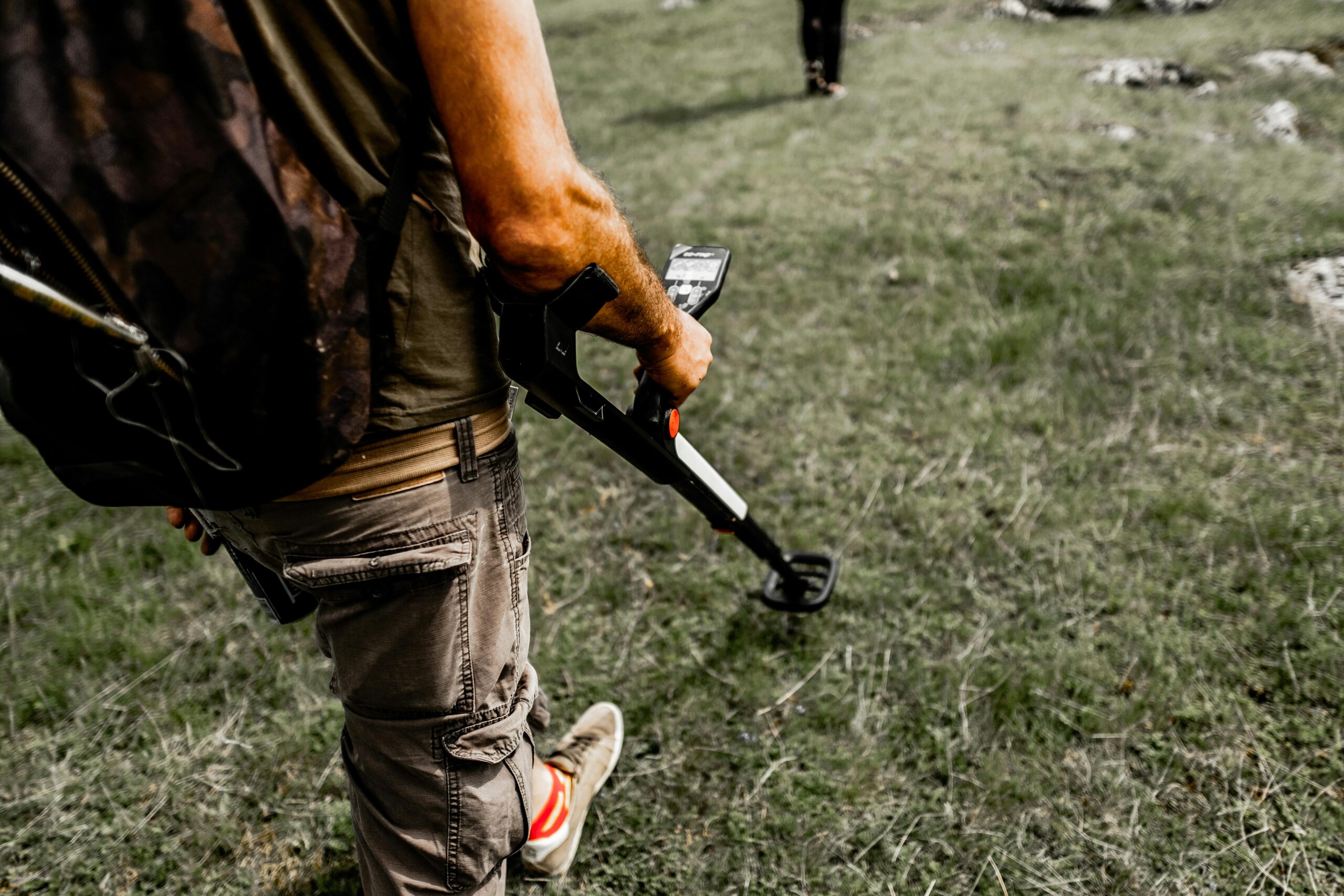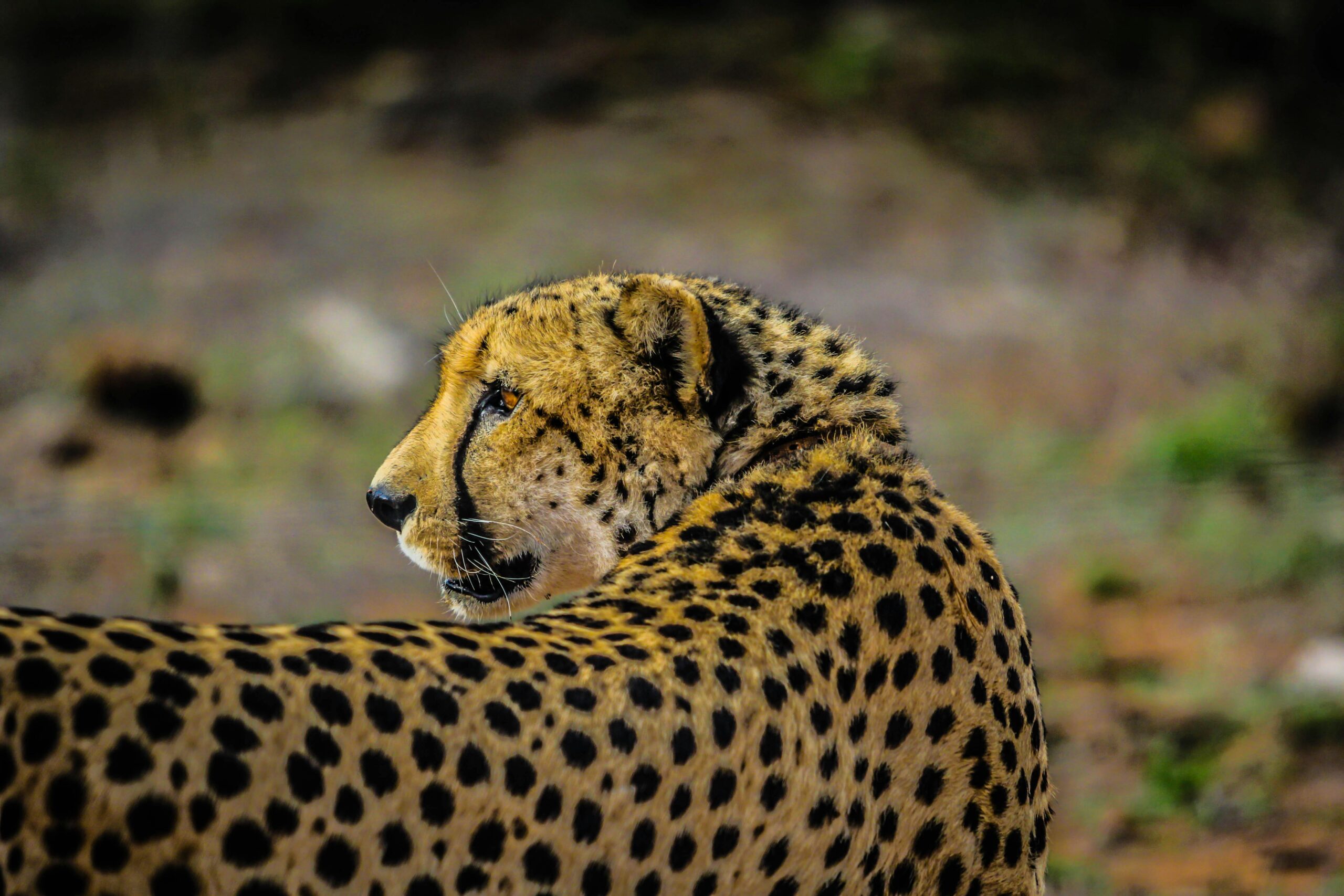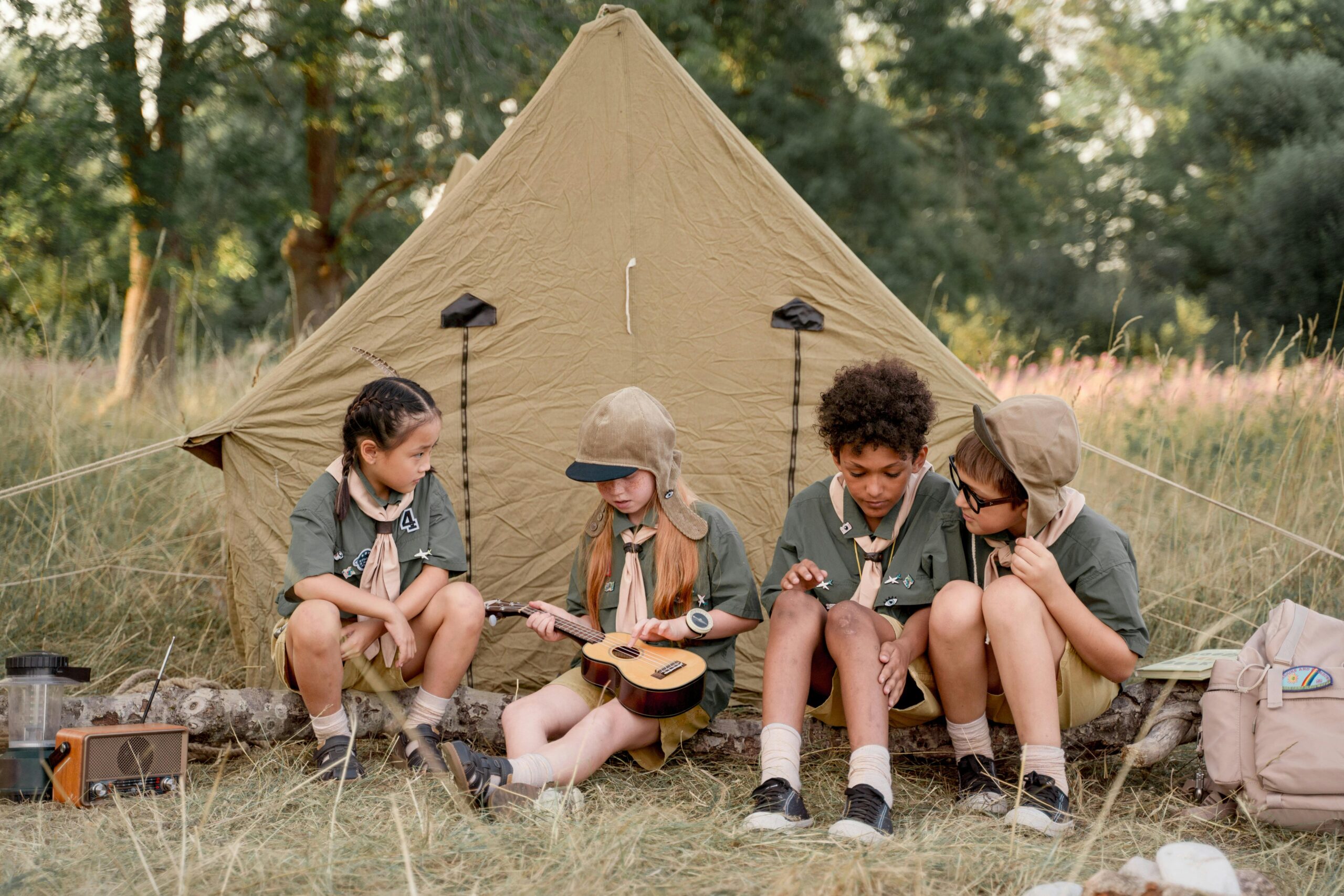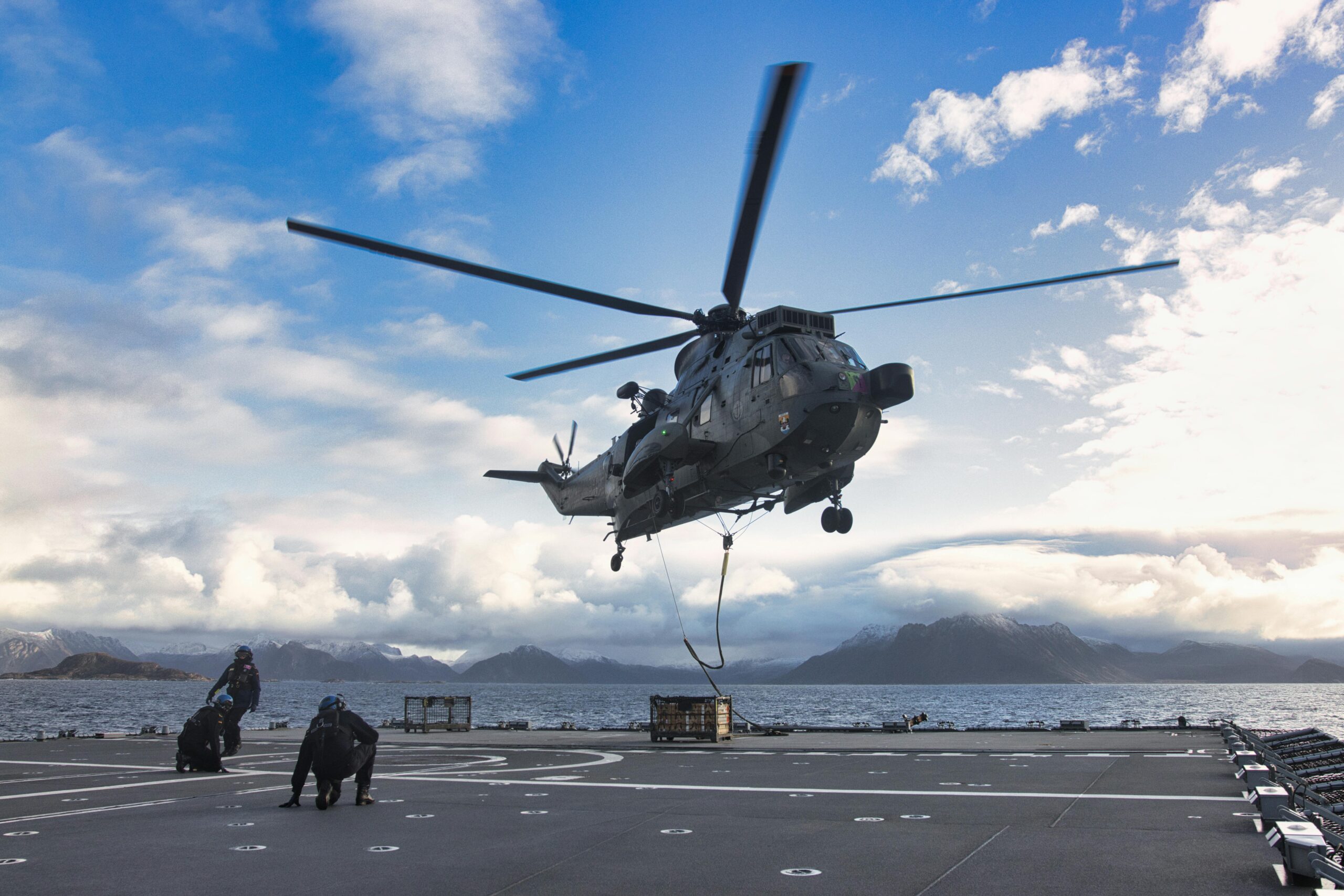Statewide Campfire Bans Enacted Amid Rising Wildfire Threats
Introduction
As dry conditions, unseasonably warm temperatures, and low humidity levels continue to fuel escalating wildfire threats, several states have taken decisive measures to mitigate the risk. Maryland and Pennsylvania have implemented stringent campfire bans, emphasizing the critical need for fire prevention during this dry period. This article delves into the details of these bans, the reasons behind them, and practical tips for outdoor enthusiasts to ensure safety and responsible outdoor exploration.
Understanding the Campfire Bans
In response to the rising wildfire threats, the Maryland Department of Natural Resources issued a statewide ban on open-air burning, effective November 1, 2024. This ban includes campfires and charcoal grilling, aiming to protect public safety and natural resources[1][2]. Similarly, Pennsylvania’s Department of Conservation and Natural Resources has banned campfires across all state park and forest lands, underscoring the urgency to safeguard communities and the environment[3][4].
The Risks of Wildfires
The current dry conditions have led to an alarming surge in wildfire incidents. Maryland has experienced more than triple the usual number of wildfires since October 1, 2024, with 24 incidents burning 75 acres compared to the 10-year average of seven fires burning 21 acres[2]. Pennsylvania has witnessed over 100 reported cases within the past week alone, compromising thousands of acres of state and private woodlands and resulting in injuries to volunteer firefighters[3][4].
Practical Tips for Outdoor Enthusiasts
- Adhere to Local Restrictions: Stay informed about local burn bans and restrictions. In Maryland, for example, the use and rental of charcoal grills and campfire rings are temporarily prohibited in parks[1].
- Use Alternative Cooking Methods: Opt for propane grills or electric stoves, which are generally permitted under current restrictions[2][3].
- Exercise Caution: Be vigilant about weather updates and adhere to local burn bans. Wildfires can start quickly and rapidly grow, especially when conditions are dry[4].
- Report Uncontrolled Fires: If you see an active, uncontrolled fire, call 911 immediately. For non-emergency situations, such as someone using a charcoal grill or campfire ring in a restricted area, contact local authorities[1].
Conclusion
The statewide campfire bans in Maryland and Pennsylvania underscore the critical need for fire prevention during this dry period. By adhering to local restrictions, using alternative cooking methods, exercising caution, and reporting uncontrolled fires, outdoor enthusiasts can contribute to safeguarding communities and the environment. As conditions evolve, it is essential to stay informed and adjust outdoor activities accordingly.
References:
- [1] https://mocoshow.com/2024/11/08/all-outdoor-fires-prohibited-in-parks-following-statewide-burn-ban/
- [2] https://localnews1.org/2024/11/06/burn-bans-implemented-across-pennsylvania-and-maryland-due-to-dry-conditions/
- [3] https://www.mychesco.com/a/news/pennsylvania/emergency-fire-ban-issued-pennsylvanias-wildfire-threat-sparks-urgent-action/
- [4] https://www.mychesco.com/a/news/pennsylvania/statewide-campfire-ban-issued-as-explosive-wildfire-threat-looms-over-pennsylvania/

